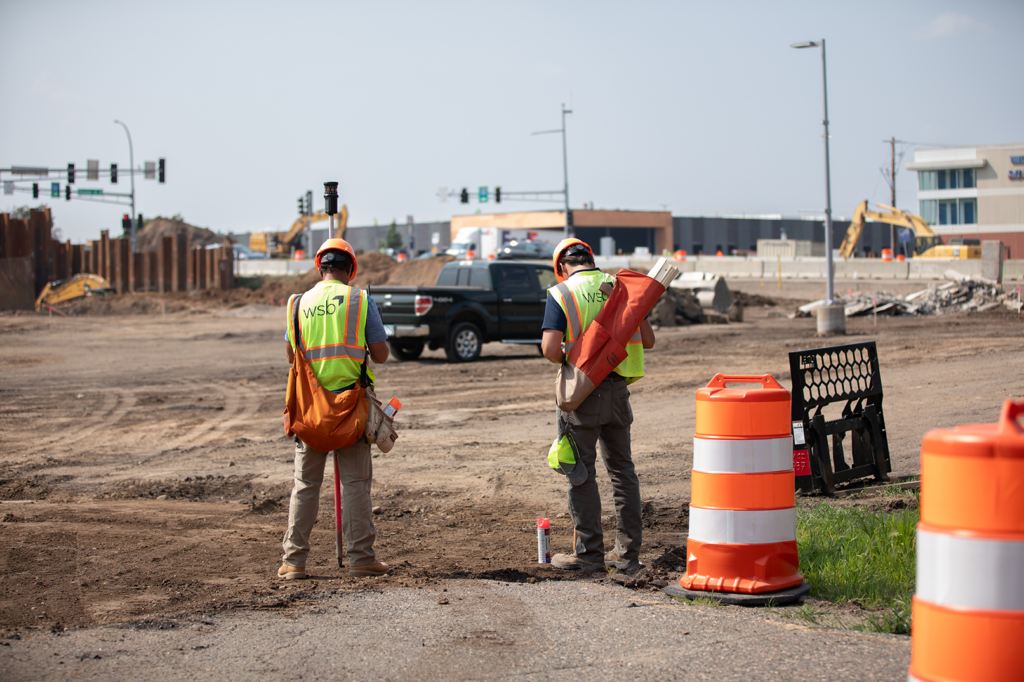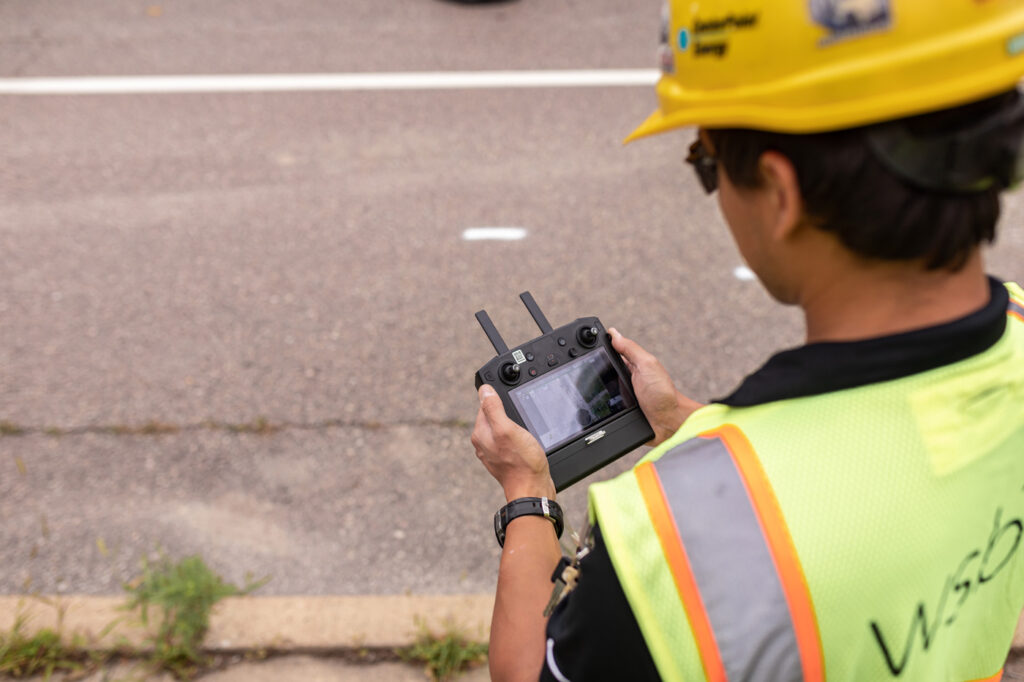By Dave Enblom, Project Manager, WSB
We are in uncertain times. Things change around us daily and those changes are mostly out of our control. Over the weekend, I was thinking about how our county engineer peers and friends are coping. Ron Bray and I were discussing some of the challenges our partners are facing, and we kept coming back to these five things that county engineers should be thinking about right now. This is not a comprehensive list but a place to start. Please share any additional items you’re thinking about as you approach the rest of 2020.
- Understand the guidance being provided from the county board and state regarding operating procedures, such as office hours, office closures, work restrictions etc. How do these new policies affect the operations of the highway/public works department? Are there any modifications that can be made to these new policies that would allow the department to function more efficiently? Most of the new policies will impact other county departments more than highway maintenance, public works, construction projects, and engineering. These departments may be able to continue with minor adjustments to current operating procedures. Don’t be afraid to ask for deviation from the new policies if necessary.
- Monitor staff morale and maintain open lines of communication. You may have to do more check-ins than normal, but it’s important that staff hear from you and have a way to provide feedback (challenges, capacity, health, etc.). When communicating, work to address all staff, including maintenance employees, and especially those in outlying shops. To the best of your ability, create an atmosphere of business as usual. We know our road systems had needs before the crisis, and those needs still exist. The better you communicate and keep a healthy staff morale, the more likely you can keep projects on schedule.
- Look for, and plan to, take advantage of any stimulus that comes from the federal and/or state governments. Past crisis situations brought significant money to the county road systems. The crises we’ve navigated in the past were predominantly financial in nature, while this one is both financial and medical, a double whammy. This could mean even larger stimulus packages. Specifically, look at current capital improvement plans for projects which can be moved up to a one- or two-year-time window. These projects should be larger priced projects, greater than $1,000,000. It’s likely that bridge projects will receive a positive review due to high need and publicity. Don’t be afraid of the federal programming requirements that come with these projects, the consultant industry is ready to help out in delivering if necessary. In the past, counties that planned and took steps to stay ahead of stimulus opportunities were rewarded with funding.
- Be proactive and keep in touch with your District State Aid Engineer (DSAE). They should understand items being contemplated by MnDOT and of available funding. It is easier for a county to make one call than it is for the DSAE to make 10 calls. You may get more information from a phone conversation than from an e-mail so consider multiple communication methods. When talking to your DSAE, it is important to confirm existing project funding status and understand if there are any changes coming. In addition, learn more about other funding options available.
- Make sure to leverage all resources available to you. From MnDOT to AGC to consultants and the industry, there is a lot of support. We are all in this together. Our industry has always pulled together when times were tough, and this situation is no different. You have more partners than you know, and most are just a phone call away.
Do your best to stay positive and share your optimism in all communications. The highway department will gain energy and action from county engineers. The communities and staff around you are looking for stability and your department can provide progress and a sense of normalcy. It might seem odd that communities look to road work for normalcy, but there is truth there. Our industry will play a big role in getting back to normal. Please don’t hesitate to contact me with any questions or if you need more information.

David has over 30 years of experience in the county state aid highway system using an innovative approach to delivering complex projects (including funding), and leveraging his ability to coordinate with a wide range of agencies and stakeholders. He has served as an officer in MCEA where he provided guidance on many policy and technical issues involving various Minnesota counties.
[email protected] | 218.232.3694




